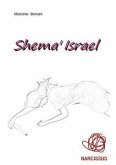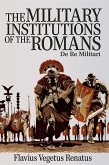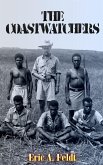One of the first facts which strike the traveller in Palestine is the smallness of a country which has nevertheless occupied so large a space in the history of civilised mankind. It is scarcely larger than an English county, and a considerable portion of it is occupied by rocky mountains and barren defiles where cultivation is impossible. Its population could never have been great, and though cities and villages were crowded together on the plains and in the valleys, and perched at times on almost inaccessible crags, the difficulty of finding sustenance for their inhabitants prevented them from rivalling in size the European or American towns of today. Like the country in which they dwelt, the people of Palestine were necessarily but a small population when compared with the nations of our modern age.And yet it was just this scanty population which has left so deep an impress on the thoughts and religion of mankind, and the narrow strip of territory they inhabited which formed the battleground of the ancient empires of the world. Israel was few in numbers, and the Canaan it conquered was limited in extent; but they became as it were the centre round which the forces of civilisation revolved, and towards which they all pointed. Palestine, in fact, was for the eastern world what Athens was for the western world; Athens and Attica were alike insignificant in area and the Athenians were but a handful of men, but we derive from them the principles of our art and philosophic speculation just as we derive from Israel and Canaan the principles of our religion. Palestine has been the motherland of the religion of civilised man.









